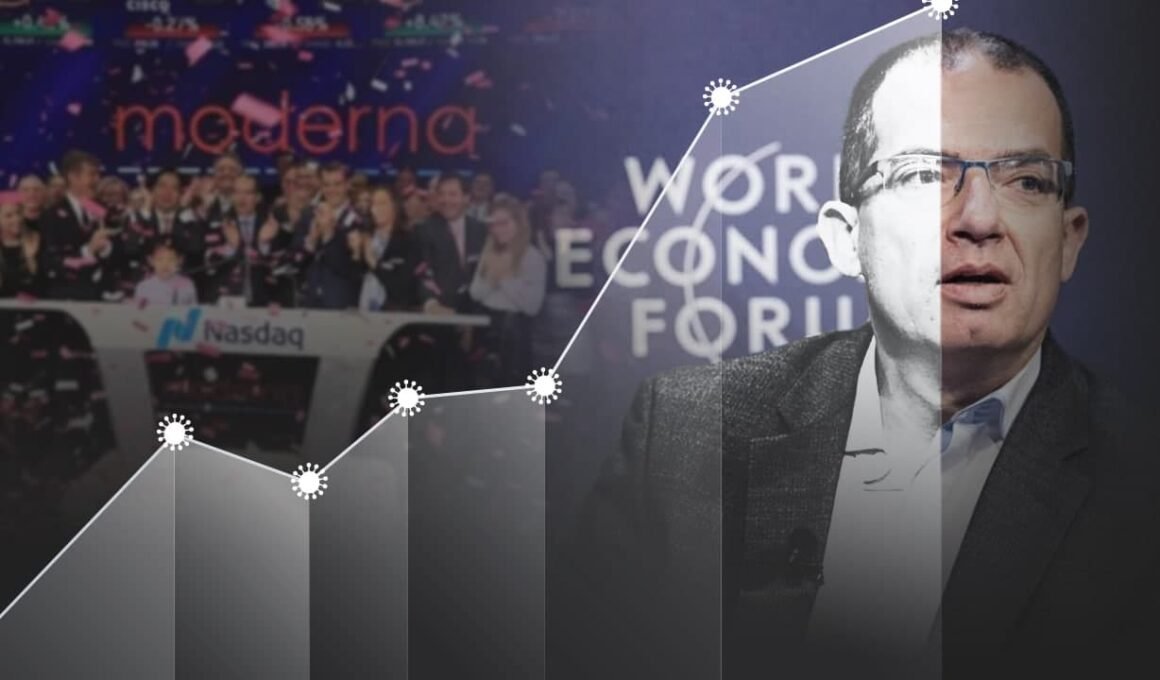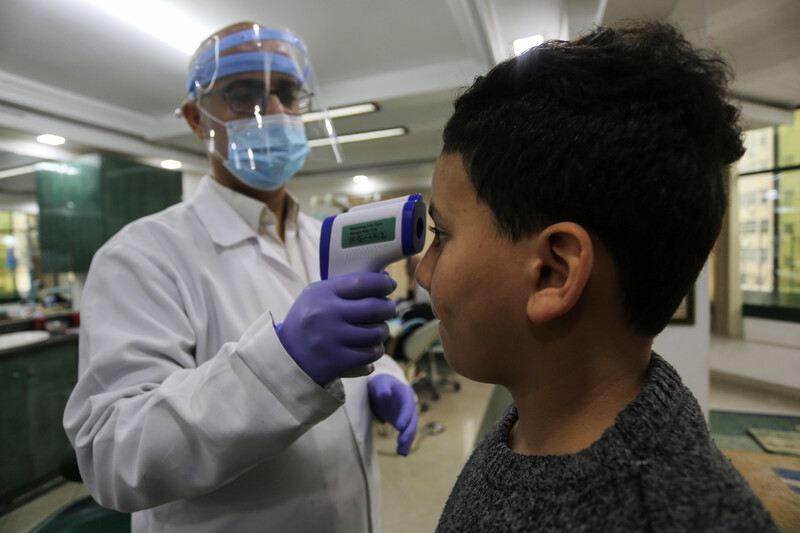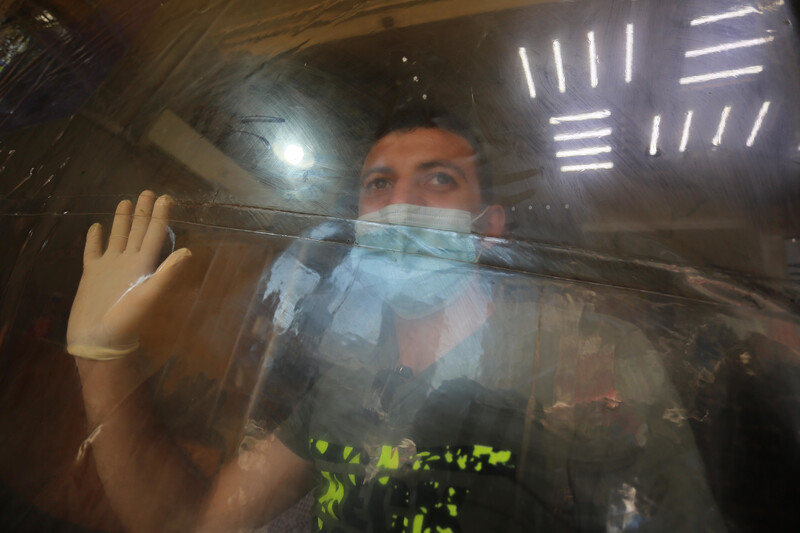7 October 2021 — Unlimited Hangout

Those analyzing the COVID-19 crisis and its effects have mostly focused on how its disruptive nature has led to major shifts and recalibrations throughout society and the economy. Such disruption has also lent itself to a variety of agendas that had required an event of “reset” potential in order to be realized. In the case of the vaccine industry, COVID-19 has led to dramatic changes in how federal agencies manage the approval of medical countermeasures during a declared crisis, how trials for vaccine candidates are conducted, how the public perceives vaccination, and even how the term “vaccine” is defined.
 By
By 


 Palestinians prepare fish for sale at the Gaza seaport, 27 February. Ashraf Amra APA images
Palestinians prepare fish for sale at the Gaza seaport, 27 February. Ashraf Amra APA images Israeli defense minister Naftali Bennett, left, with EU ambassador Emanuele Giaufret in 2017. Bennett is now hoping other countries will buy a coronavirus tracking system made by an Israeli spy firm implicated in the murder of Saudi journalist Jamal Khashoggi. (
Israeli defense minister Naftali Bennett, left, with EU ambassador Emanuele Giaufret in 2017. Bennett is now hoping other countries will buy a coronavirus tracking system made by an Israeli spy firm implicated in the murder of Saudi journalist Jamal Khashoggi. (